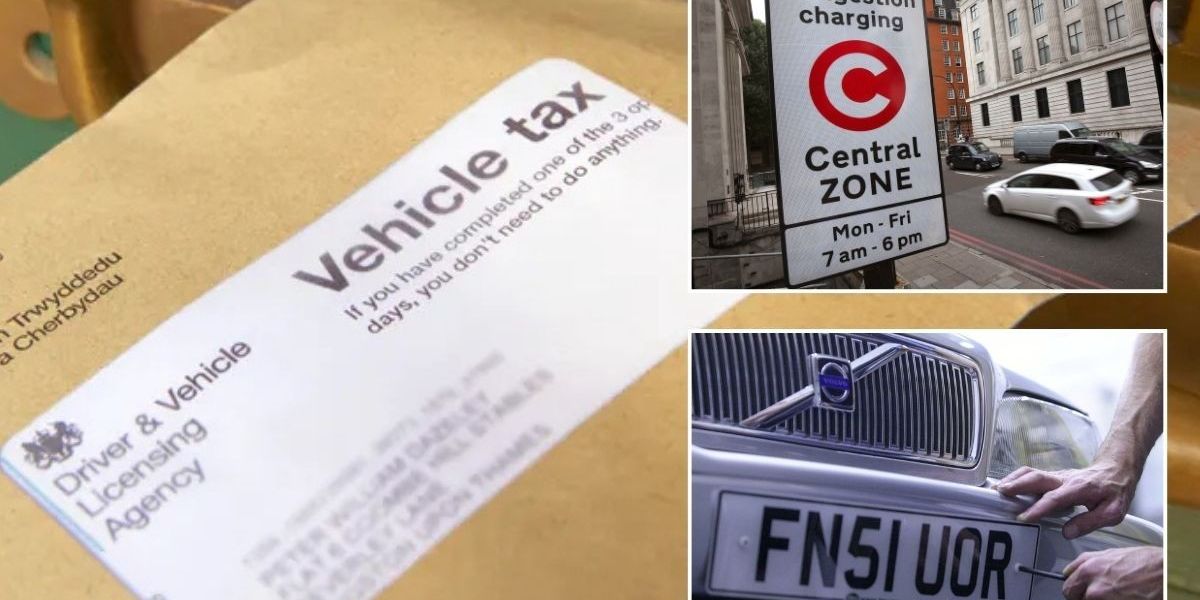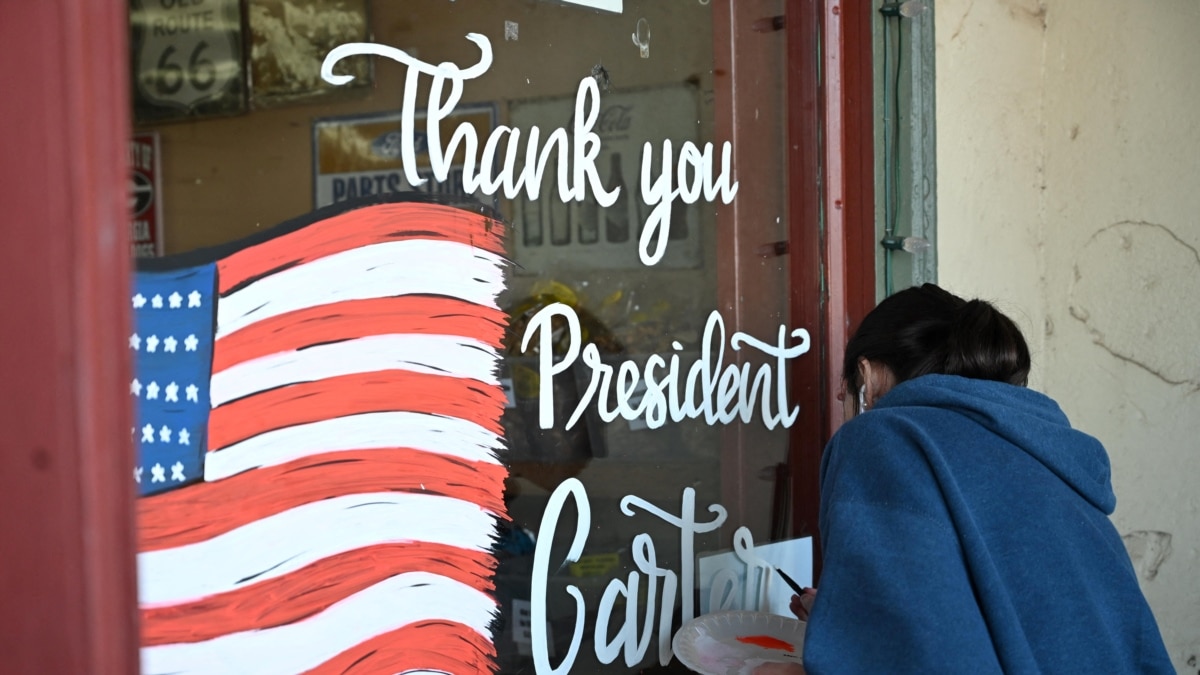SEOUL - US Secretary of State Antony Blinken arrives in crisis-riven South Korea late on Jan 5, where he will seek delicately to encourage a continuity with the policies, but not tactics, of the impeached president.
He will hold talks with his counterpart Cho Tae-yul on Jan 6, the same day a warrant expires to arrest suspended President Yoon Suk Yeol, who unsuccessfully tried to impose martial law on Dec 3.
Seoul is the first stop on what will likely be Mr Blinken’s final trip as the top US diplomat as he seeks to highlight US President Joe Biden’s record rallying democratic allies before the return of the more mercurial Donald Trump.
Mr Blinken will head afterwards to Tokyo, making it crucial in the eyes of his advisers not to snub South Korea, which has a fraught and often competitive relationship with Japan, a fellow US ally which is also home to thousands of American troops.
Mr Yoon had once been a darling of the Biden administration with his bold moves to turn the page on friction with Japan and his eye on a greater role for South Korea on global issues.
Mr Yoon joined Mr Biden for a landmark three-way summit with Japan’s prime minister and – months before declaring martial law – was picked to lead a global democracy summit, a signature initiative for the outgoing US administration.
Mr Yoon also memorably charmed his hosts on a state visit by belting out American Pie at a White House dinner.
Mr Blinken may face some criticism from the South Korean left for the visit but should be able to navigate the political crisis, saidMr Sydney Seiler, a former US intelligence officer focused on Korea now at the Center for Strategic and International Studies.
Mr Blinken has a high enough profile to be above the fray, and can keep the focus on challenges such as China and North Korea, he said.
“Blinken can dodge a lot of these domestic South Korean landmines relatively easily and contextualise it not as trying to help the ruling party or artificially create a sense of normalcy where it otherwise isn’t,” Mr Seiler said.
In a statement, the State Department did not directly mention the political crisis but said Blinken would seek to preserve trilateral cooperation with Japan, which has included enhanced intelligence sharing on North Korea.
Change in both allies
Mr Blinken’s visit comes at a time of change for both countries, with Trump returning to the White House on Jan 20.
Paradoxically, while Mr Biden worked closely with the conservative Mr Yoon, Trump in his first term enjoyed a warm relationship with then-progressive president Moon Jae-in, who encouraged the US president’s groundbreaking personal diplomacy with North Korea.
Since the crisis, the Biden administration has stressed that it is reaching out to South Korean politicians across the divide, amid the uncertainties on who will lead Asia’s fourth-largest economy.
Progressive opposition leader Lee Jae-myung – who himself faces election disqualification in a court case – supports diplomacy with North Korea.
But the former labour activist has also taken stances that differ from those of both Mr Biden and Trump.
Mr Lee has criticised deployment of US-made THAAD missile defences, which Washington says are meant to protect against North Korea but which China sees as a provocation.
South Korea’s left has long championed a harder stance on Japan over its brutal 1910-1945 occupation of the Korean peninsula.
US officials said they had no warning of Mr Yoon’s imposition of martial law, which brought masses of protesters to the streets.
Mr Blinken, addressing reporters last month, said the crisis showed the strength of South Korea’s institutions built in the three decades since it embraced democracy.
“I think Korea is one of the most powerful stories in the world about the emergence of democracy and democratic resilience, and we’ll continue to look to Korea to set that example,” he said. AFP
Join ST's Telegram channel and get the latest breaking news delivered to you.

 By The Straits Times | Created at 2025-01-04 23:45:45 | Updated at 2025-01-06 21:38:39
1 day ago
By The Straits Times | Created at 2025-01-04 23:45:45 | Updated at 2025-01-06 21:38:39
1 day ago








